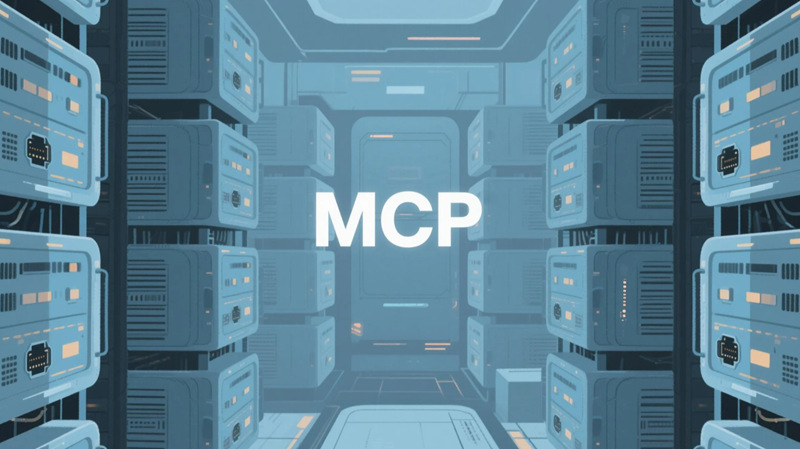Zhipu Unveils RoboOS 2.0 and RoboBrain 2.0 with MCP Support
At the 2025 Beijing Intelligence Conference, Beijing Zhiyuan Artificial Intelligence Research Institute (Zhipu AI) unveiled two groundbreaking releases: RoboOS 2.0 and RoboBrain 2.0. Both systems are fully open-source, marking a significant step toward fostering an open ecosystem for embodied intelligence.
A Leap in Robot Operating Systems
RoboOS 2.0 stands out as the first robot operating system to incorporate the Multi-Entity Collaborative Platform (MCP) mechanism. This innovation enables seamless serverless entity deployment and a no-adaptation cerebellum skill registration process, drastically lowering development hurdles. Performance benchmarks reveal a response latency under 3 milliseconds—a remarkable feat—while cloud communication efficiency has surged by 27 times. The system also introduces spatiotemporal scene graph sharing and task closed-loop feedback, enhancing multi-robot coordination and task reliability.

Enhanced AI Capabilities with RoboBrain 2.0
Complementing the OS upgrade is RoboBrain 2.0, an open-source embodied brain model designed for dynamic multi-entity environment modeling and cross-entity task planning. According to test results, its task planning accuracy has jumped by 74% compared to its predecessor, outperforming existing models in spatial reasoning and intelligent scheduling.
Open-Source Commitment
Zhipu AI has made both systems fully accessible, releasing framework code, model weights, datasets, and evaluation benchmarks. The company has also partnered with over 20 global embodied intelligence firms to cultivate a collaborative robotics ecosystem.
Key Points
- RoboOS 2.0 is the first OS to support MCP, reducing development barriers with serverless deployment.
- System performance hits sub-3ms latency and 27x faster cloud communication.
- RoboBrain 2.0 improves task planning accuracy by 74% and excels in spatial reasoning.
- Both releases are fully open-source, including code, models, and datasets.
- Zhipu collaborates with 20+ companies to expand the embodied intelligence ecosystem.